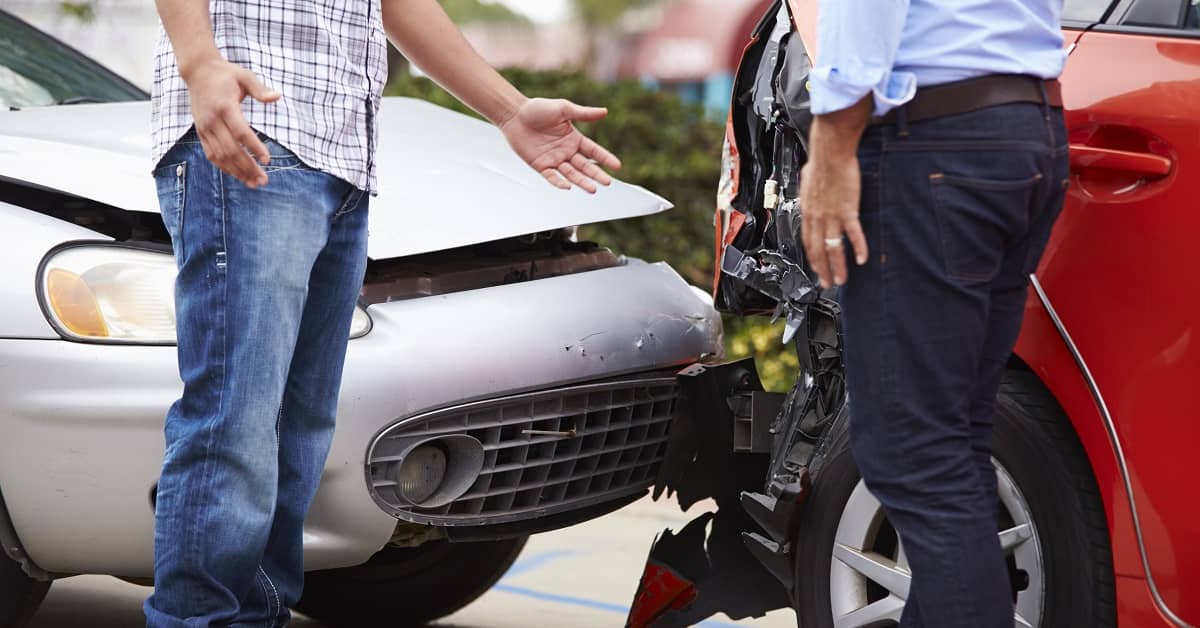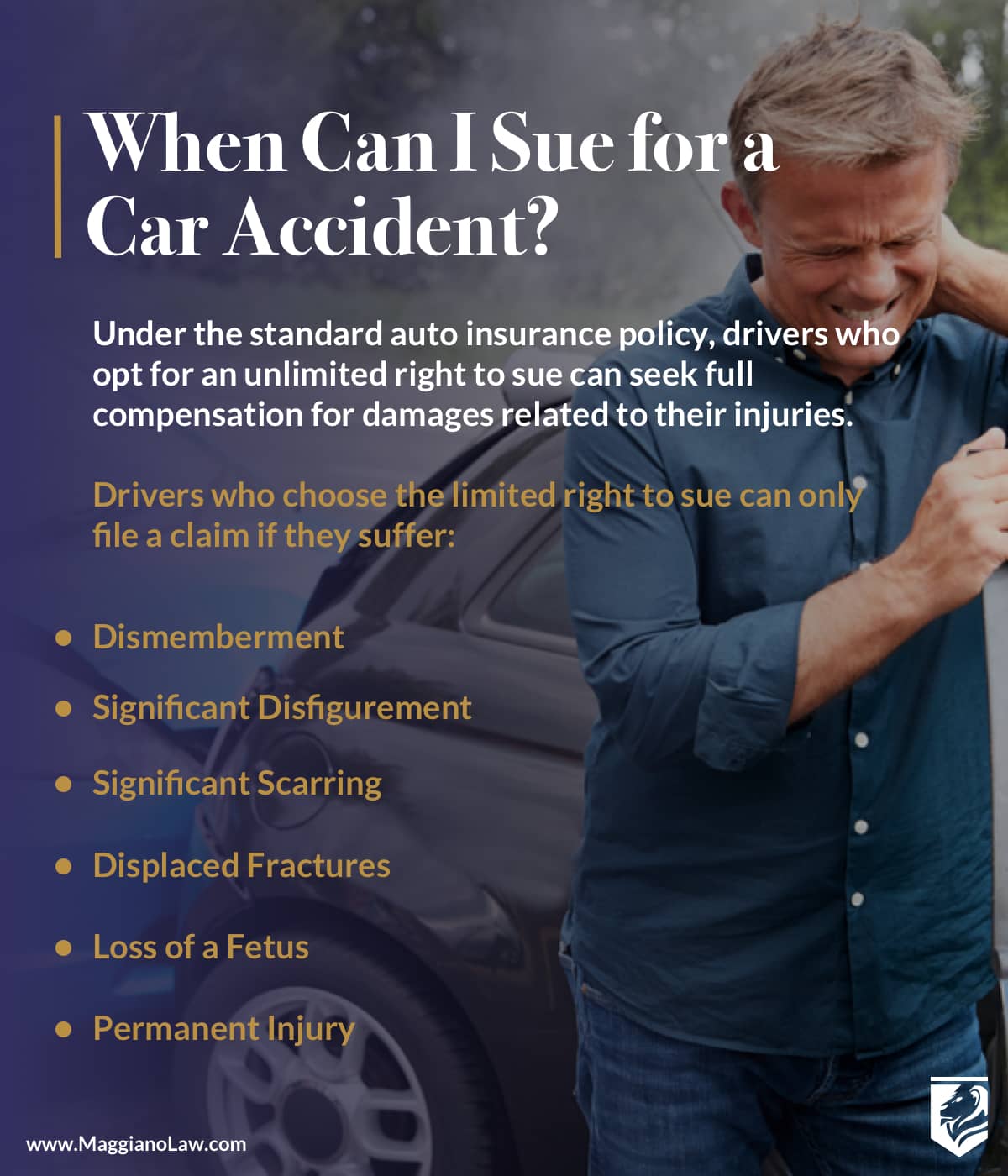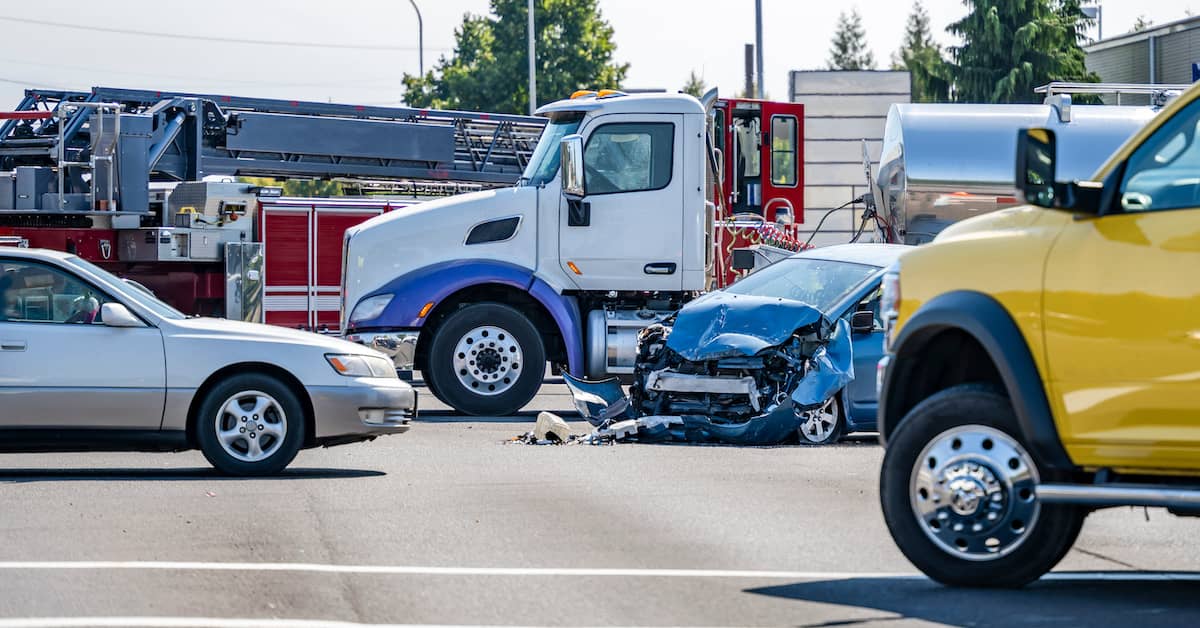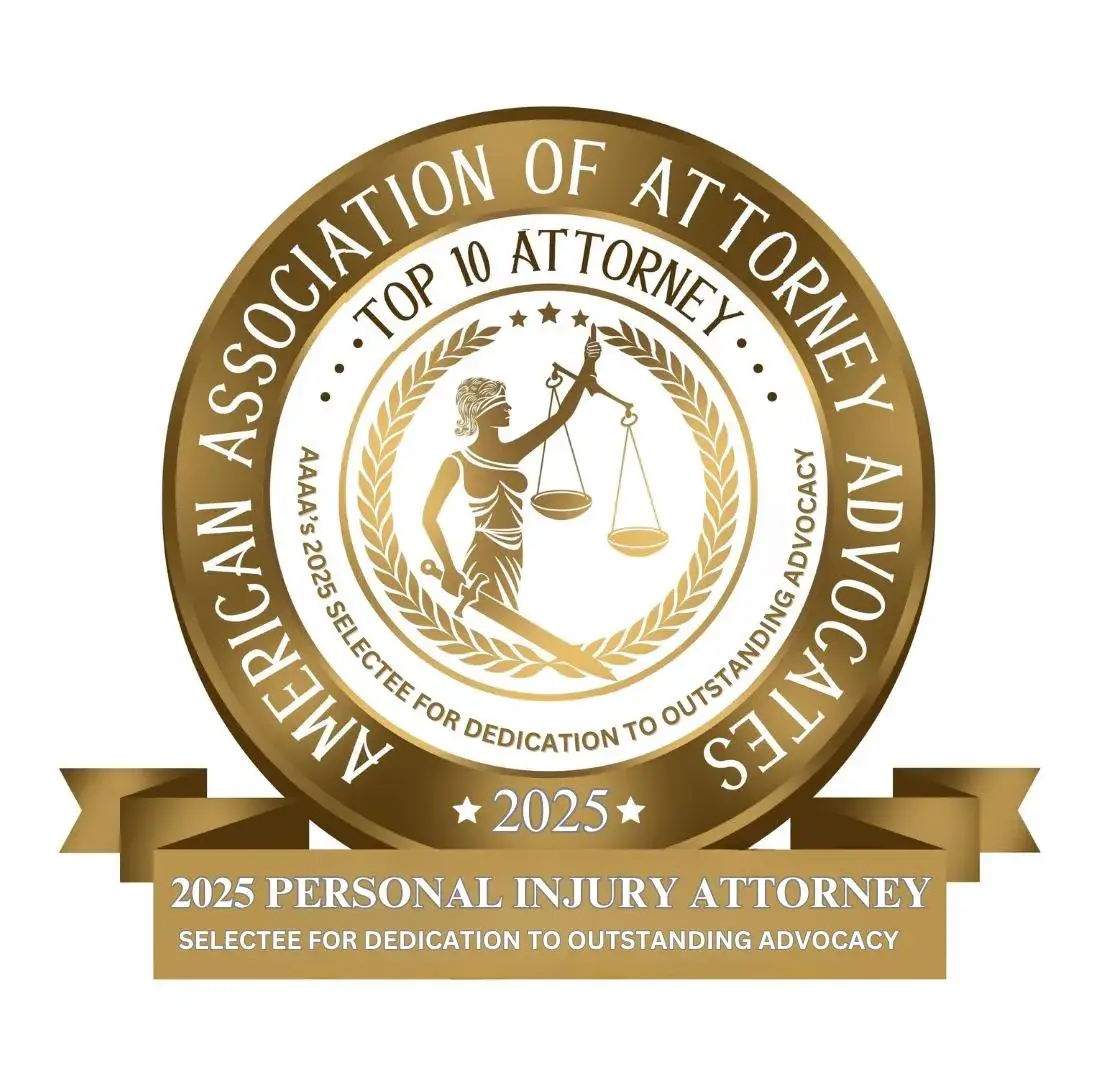
Is New Jersey a No Fault State?
Yes, New Jersey is a no-fault state for auto insurance. But what does that really mean for you, especially if you or someone you love has been injured in a car crash?
Dealing with a car accident claim is difficult, confusing, and emotionally draining. From insurance paperwork to managing medical bills and recovering physically, there’s a lot on your plate. That’s why understanding New Jersey’s no-fault system can be crucial. It affects your rights, your recovery, and what kind of compensation you may be entitled to.
Let’s break down exactly what “no-fault” means in New Jersey, how it impacts accident victims, and what options you may have if your injuries are serious or someone else is clearly at fault. We’ll also look at how these laws play out in different communities, because whether you’re in Fort Lee or Hackensack, what matters most is that you feel heard, protected, and informed.

What Does “No-Fault” Actually Mean?
In a no-fault state like New Jersey, your own car insurance covers your medical bills and some other costs regardless of who caused the accident. This coverage is known as Personal Injury Protection, or PIP.
Even if the other driver ran a red light or was texting while driving, your PIP coverage kicks in first. This can be frustrating, especially if you weren’t the one who caused the crash. But the idea behind no-fault insurance is to make sure that injured people can get quick medical treatment without waiting for fault to be determined in court.
PIP covers things like:
- Emergency room visits and hospitalization
- Doctor appointments and follow-up care
- Physical therapy and rehabilitation
- Lost wages if you can’t work
- Essential services (like childcare or housework) if your injury prevents you from performing them
PIP coverage applies regardless of whether you’re a driver, passenger, or even a pedestrian hit by a car. It’s meant to be broad and immediate.
No-Fault Isn’t the Whole Picture
While New Jersey is a no-fault state, that doesn’t mean fault never matters. In fact, New Jersey has a “choice no-fault” system, one of the more complex approaches in the country.
When you purchase your auto insurance policy in New Jersey, you’ll usually be given a choice between:
- Limited Right to Sue
- Unlimited Right to Sue
Let’s break these down.
Limited Right to Sue
This is the more common option because it’s less expensive. But with this choice, you give up your right to sue the at-fault driver for non-economic damages (like pain and suffering) unless your injuries meet a certain threshold.
That threshold includes:
- Loss of a body part
- Significant disfigurement or scarring
- Displaced fractures
- Loss of a fetus
- Permanent injury
- Death
So, if your injuries are not severe enough to meet the threshold, you may not be able to seek damages for pain and suffering, even if the other driver was clearly negligent. That’s why many people don’t realize how limiting this option can be until it’s too late.
Unlimited Right to Sue
Also known as the “zero threshold” or “full tort” option, this allows you to sue an at-fault driver for pain and suffering regardless of how serious your injuries are.
It costs more in monthly premiums, but if you’re involved in a crash, even a relatively minor one, it gives you more freedom to hold negligent drivers accountable and recover compensation beyond what PIP provides.
When Can You Step Outside the No-Fault System?
Even if you chose the limited right to sue, you can still step outside the no-fault system if your injuries are deemed serious under the law. This is where the nature of your injury really matters.
For example, if you suffered a broken leg, underwent surgery, and will need months of rehab, that may qualify as a permanent injury or displaced fracture, opening the door to sue for pain and suffering.
In those situations, you can pursue a third-party claim against the at-fault driver’s insurance. This allows you to seek:
- Pain and suffering
- Emotional distress
- Loss of enjoyment of life
- Other non-economic damages
But be warned: insurance companies often try to downplay the severity of injuries to keep claims within the no-fault system. They may argue your pain is “temporary” or that your injury doesn’t meet the threshold. This is why experienced legal guidance can make such a difference in your outcome.
Fault Still Matters for Property Damage
While medical bills are covered under no-fault, property damage is not. If your car was damaged or totaled in an accident, you’ll need to go through the at-fault driver’s insurance, or your own collision coverage if you have it.
So, fault is still a very important part of the process. In many cases, disputes over fault and damage can get complicated quickly, especially when multiple vehicles are involved or injuries are severe.
What If You Were a Pedestrian or Bicyclist?
In heavily populated areas like Fort Lee, Palisades Park, and Edgewater, where foot traffic and bike commuting are common, accidents involving pedestrians and cyclists are unfortunately not rare.
Here’s the good news: if you are a pedestrian or cyclist hit by a car in New Jersey, you may still be covered under your own car insurance PIP policy. If you don’t have car insurance, you might be covered under a household member’s policy.
And if no one in your household has car insurance, the state’s Unsatisfied Claim and Judgment Fund (UCJF) may help cover your medical costs.
This can provide peace of mind for individuals and families in tight-knit urban areas, where you may not own a car but still face the risks of traffic-related injuries.
Understanding Your Insurance Choices Before a Crash Happens
It’s incredibly important to know what type of coverage you’ve selected before an accident occurs. In diverse communities like Hackensack, Teaneck, and Englewood, where residents come from all walks of life, insurance choices are often made based on cost.
But choosing a “cheaper” policy with a limited right to sue might cost more in the long run if you’re ever seriously injured.
Unfortunately, many people don’t understand the legal trade-offs involved until it’s too late. That’s why we recommend reviewing your policy regularly and consulting with someone knowledgeable about your rights. It’s not just about protecting yourself; it’s about protecting your future.
What Happens When Injuries Are Life-Changing?
While PIP can help cover medical costs quickly after a crash, it’s not designed to handle the full impact of a catastrophic injury. If you or a loved one has suffered a life-altering injury, like spinal damage, traumatic brain injury, or permanent disfigurement, the financial and emotional costs are staggering.
Medical bills are just the beginning. You might also be facing:
- Long-term rehabilitation and physical therapy
- Home modifications (like ramps, medical beds, or stair lifts)
- Permanent job loss or reduced earning capacity
- Emotional trauma, depression, and PTSD
- Strain on family relationships and caregiving responsibilities
In these cases, the limitations of the no-fault system become very clear. While PIP may pay for some medical bills and lost income, it does not compensate you for pain, suffering, or long-term life disruption unless you can step outside the no-fault system and file a personal injury claim against the at-fault party.
This is where having a compassionate, experienced legal team becomes essential. Your voice matters. Your experience matters. And your future deserves protection.
How Long Do You Have to Take Legal Action?
In New Jersey, there are strict time limits, known as statutes of limitations, for filing a lawsuit after a car accident:
- For personal injury claims, the deadline is typically two years from the date of the crash.
- For wrongful death cases (if a loved one passed away due to injuries), it’s also two years from the date of death.
- Property damage claims have a longer window, six years from the date of the accident.
Missing these deadlines could mean permanently losing your right to recover compensation. Even if you’re unsure about pursuing legal action right now, it’s wise to talk to someone early and protect your options.
Time matters, and so does your peace of mind.
Insurance Companies Are Not on Your Side
This may sound harsh, but it’s important to be honest: Insurance companies are not in the business of paying full and fair compensation, even your own.
Even though you’ve paid your premiums faithfully, adjusters are trained to minimize payouts. They may:
- Dispute whether your injuries are “serious enough” to meet the threshold
- Claim your injuries were pre-existing or unrelated to the accident
- Offer quick settlements that don’t account for future medical needs
- Delay your claim or demand excessive documentation
This can be incredibly discouraging, especially when you’re already dealing with pain, fear, or the emotional weight of caring for an injured family member.
You deserve someone who will fight for you. Someone who knows the tricks insurers use and how to beat them. Someone who sees you as more than a claim number.
Common Questions from Accident Victims
We understand how overwhelming this process can be. Here are a few questions we often hear from individuals and families navigating New Jersey’s no-fault system:
“Do I really need a lawyer if it’s a no-fault state?”
If your injuries are minor and PIP covers your costs, you may not need legal representation. But if there’s any question about the severity of your injuries or who was at fault, it’s smart to consult with a lawyer. A simple conversation could help you avoid major mistakes or missed opportunities for compensation.
“What if I don’t have health insurance?”
That’s where PIP comes in. In many cases, it acts as primary coverage for medical treatment after an accident, even before your health insurance. If your PIP coverage runs out or your injuries are extensive, your attorney can help coordinate treatment or connect you with providers who work on a lien basis (meaning they get paid when your case settles).
“How do I prove my injury is permanent?”
You don’t need to figure that out on your own. Medical records, diagnostic imaging (like MRIs or X-rays), physician testimony, and rehabilitation evaluations all play a role. Experienced legal teams work closely with trusted medical experts to clearly document the full extent of your injuries.
Serving Diverse Communities with Respect and Empathy
At this point, you may be thinking: “Okay, this makes sense—but does it really apply to me and my community?”
Yes, it does.
In Fort Lee, where Korean culture and small businesses define the community, accident victims may face language barriers and cultural hesitation around legal matters. We recognize that. You deserve legal support that honors your language, your values, and your lived experience.
In Hackensack, Teaneck, and Englewood, where many residents come from Hispanic, African American, and Orthodox Jewish communities, there are different concerns, whether it’s how the injury will affect a multigenerational household, how to navigate time off work, or how to trust a system that often feels distant or uncaring.
That’s why local experience and cultural sensitivity matter. Not every law firm understands the richness and the real challenges of your community. You need someone who gets it. Someone who meets you where you are, explains things clearly, and fights like hell to make sure your voice is heard.
Compassionate Help When You Need It Most
Let’s be honest—navigating New Jersey’s no-fault system isn’t easy. It’s filled with confusing rules, complicated exceptions, and bureaucratic roadblocks that can leave accident victims feeling frustrated and alone.
But you don’t have to go through it alone.
At Maggiano, DiGirolamo & Lizzi, P.C., we stand with you. With offices in Fort Lee, Hackensack, and the Bronx, we’ve built our reputation by helping real people from real neighborhoods—the person next door who was just trying to get to work or take their kids to school when their life was suddenly turned upside down.
We’ve handled thousands of injury claims across New Jersey and New York, with a special focus on truck accidents, car crashes, construction injuries, and workers’ compensation. Our trial lawyers have secured multi-million-dollar verdicts not just because we’re skilled, but because we care. Every client, every story, every injury matters.
When you work with us, you’re not just hiring a lawyer. You’re gaining a team of 30+ professionals who take your case personally. We learn your story. We walk in your shoes. And we never back down from a challenge.
Whether you’re recovering from an injury, grieving a loved one, or simply trying to understand your rights, we’re here to help you move forward with strength, clarity, and dignity.
Discuss Your Case with Our Trusted Legal Team
If you or someone you love has been injured in a motor vehicle accident in New Jersey, and you’re not sure what to do next, start by having a conversation. There’s no pressure, no obligation, and no fee unless we win your case.
Contact us today at (201) 585-9111 or through our online form for a free consultation. Let’s talk about what happened and what’s possible in the future.



















